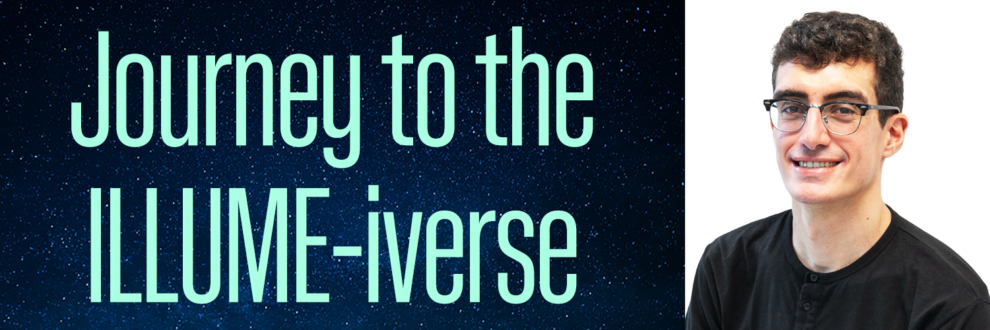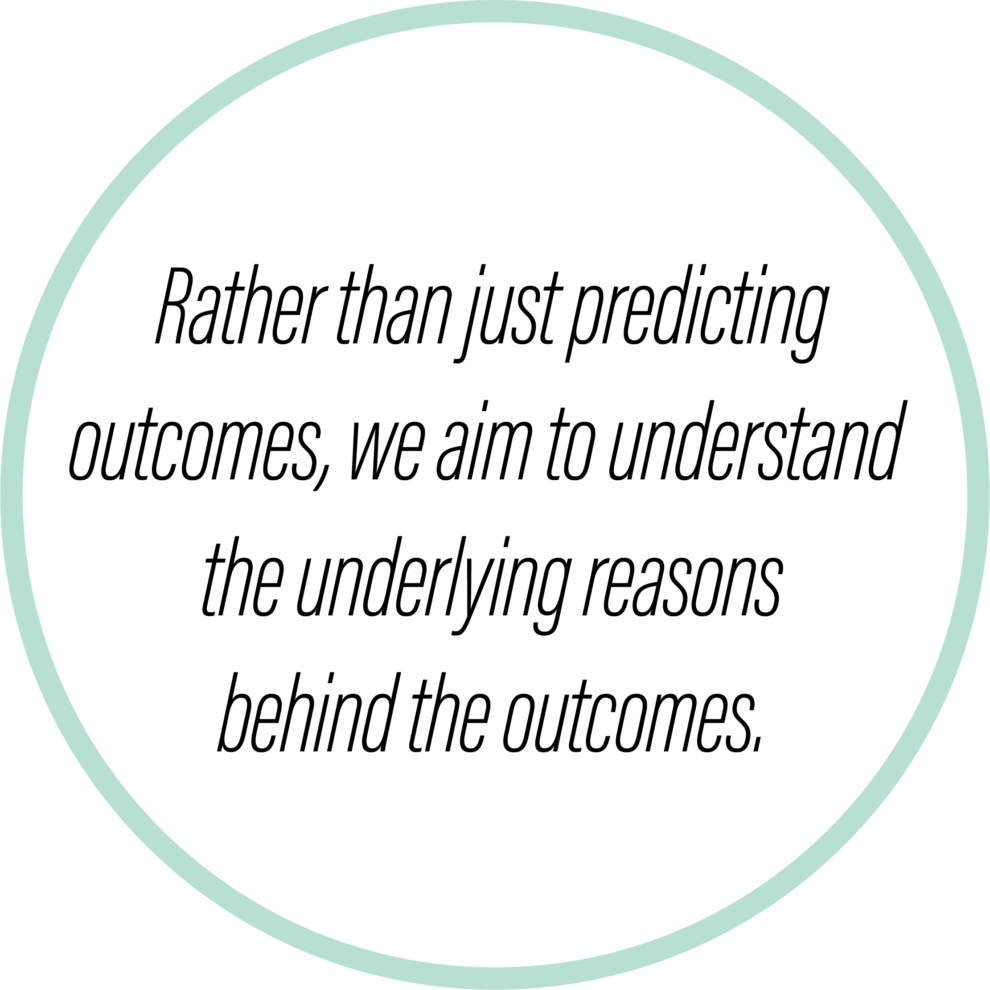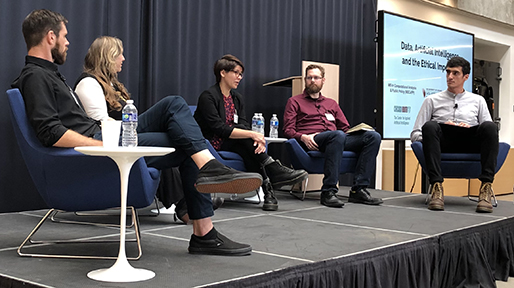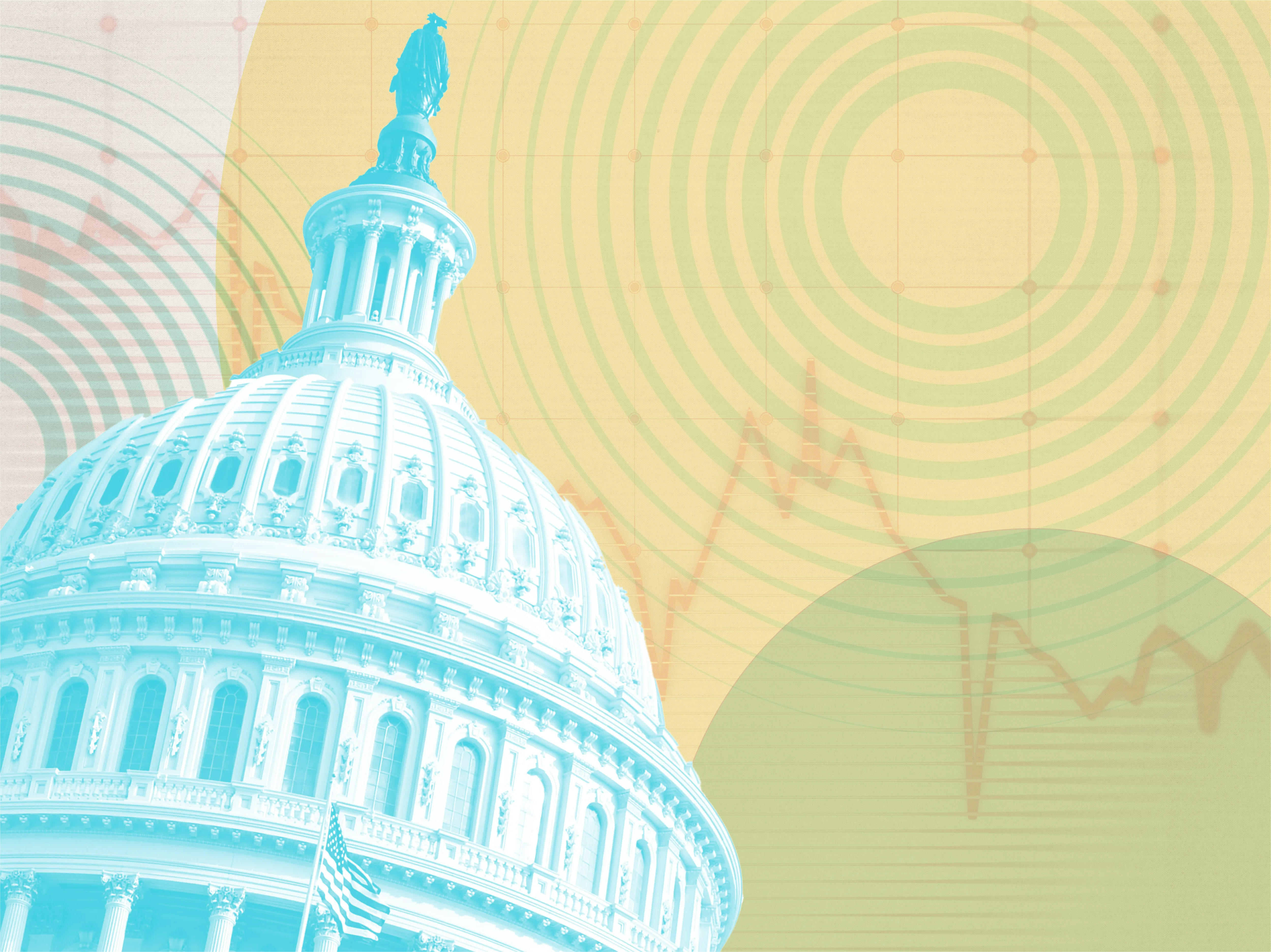
The journey looks different for each member of the ILLUME-ination, and in this blog series, we delve into each of those unique journeys. Some arrived driven by technical expertise and a passion for addressing environmental issues, while others find ILLUME at the intersection where their skills, expertise, and interests converge. We aim to explore how they reached this point, the impact they aspire to make, and the advice they would offer their younger selves if given the chance to redo their professional journey.
Continuing our series, I had the pleasure of interviewing Sergio Olalla Ubierna, our Senior Consultant, who joined us this year and brings a diverse and well-rounded background to ILLUME. With experience spanning data science, public policy, computational analysis, political science, journalism, and film, Sergio combines a wealth of expertise. He channels his passion for leveraging data to benefit diverse populations and provides clients with invaluable insights.
Sergio’s kind, funny, and thoughtful approach to work makes him a delightful and integral member of our team.
Tell us a bit about what your role is and what you do at ILLUME:
I am a Senior Consultant with expertise in data science. I work on various projects that include evaluating the efficacy of demand response programs, analyzing the impact of behavioral interventions, and enhancing our clients’ insights into serving underserved communities.

What did you want to be when you “grew up” (in college)? How did that change/translate to your role today?
I always had a passion for social science research and evidence-based public policy. While I didn’t narrow down to a specific policy domain, I was consistently drawn toward issues of any domain that had an impact on equity. At ILLUME, projects resonate with this passion, be it through helping reduce energy consumption or ensuring that investments in the energy space benefit disadvantaged communities.
What brought you to ILLUME?
As a professional at the intersection of data science and public policy, ILLUME’s projects and clients are an excellent fit for my passion and my skills. I can apply my statistical and computational skills to projects that have a social impact. The variety of academic and professional backgrounds at ILLUME was also very appealing. It is great to learn from people that have different perspectives and knowledge.
What do you hope to accomplish in your role at ILLUME?
I hope to continue to advance our data science expertise and I aim for my work to help clients amplify their positive impact across various initiatives.
How have any of your early experiences integrating data science into practice in this context compared to your expectations?
It has been well aligned with what my expectations were. As in many other industries, we work with data that could benefit from more structure. A significant portion of the data science work is always dedicated to cleansing and verifying the incoming data, guaranteeing that analyses are founded on reliable information.
Where do you see yourself and hope to grow in your career?
In the future, I aim to take on more leadership-oriented roles. While I love working with data and conducting analyses for specific projects, I believe my impact could be greater in roles that require addressing bigger challenges, overseeing projects, and effectively managing and leading teams.
When I considered returning to school for my master’s degree, I was torn between pursuing Public Policy or Computer Science. Given my keen interest in blending data science with public policy, I opted for a program that integrated both domains. This decision was driven by my aspiration to eventually lead teams with varied expertise.
Have you seen any notable differences in the modeling techniques used in our industry compared to the methods you learned in education or used in other industries?
Industries tend to have gold standards and well-accepted modeling techniques for common analyses, which is explained by the different nature of the data and the specific needs of the problems that different industries address. In our analytical work, model interpretability is key, as it is vital for us to comprehend the implications of our analyses. Rather than just predicting outcomes, we aim to understand the underlying reasons behind the outcomes. In that sense, the models that we use are like the models that other industries use when interpretability is pivotal.
What are your thoughts on the potential impact of AI on our field? What are your initial thoughts on the potential to use machine learning (a subset of AI) in our work?
I think AI is going to change our field in many ways. From the analysis point of view, it will assist us with several parts of the data work, from cleaning to modelling and interpreting the results, as well as suggesting improved ways to conduct our work. From an automation point of view, I can see how machine learning models could be key in Demand Response programs. Home devices could be interconnected, and a machine learning model could better balance both supply and demand in a more optimized way where human intervention is barely needed.
What advice would you give to your younger self and to someone about to graduate right now who you know is thinking about starting their career journey?
Begin by seeking guidance and asking questions from various individuals, be it friends, family, professors, or professionals on platforms like LinkedIn. This period in your life is a golden opportunity to make errors and recalibrate your path. By learning from the experiences of others who have been in your shoes, you’ll gain clarity on your aspirations and the things you’d like to avoid. Most people are willing to offer insights from their journey, provide valuable advice, and even open doors to opportunities.

During my undergraduate years in Spain, a professor who greatly influenced my path advised me to continue to advance my skills by pursuing my master’s at a reputable institution overseas. My initial reaction was disbelief, thinking that I would not be able to gain admission and, even in the case of gaining admission, I wouldn’t have the resources to afford the opportunity. He walked me through the application process, encouraging me to apply and explore scholarship options. Thanks to his encouragement and support, I received a tuition scholarship to attend a one-year program at the London School of Economics and a full-ride scholarship to attend the University of Chicago. Without his support and the resources [he pointed me to], my life would have been very different.






